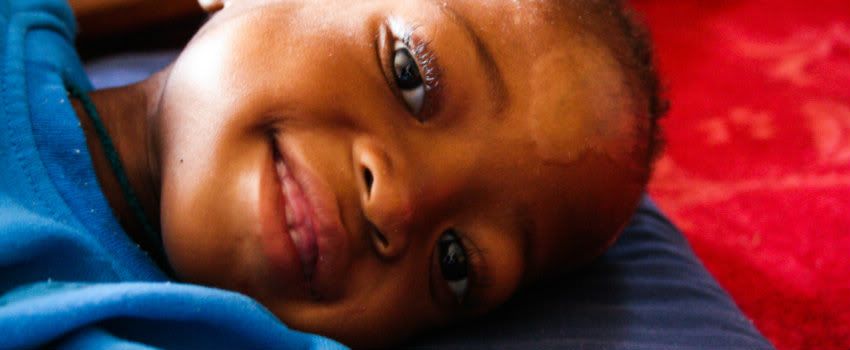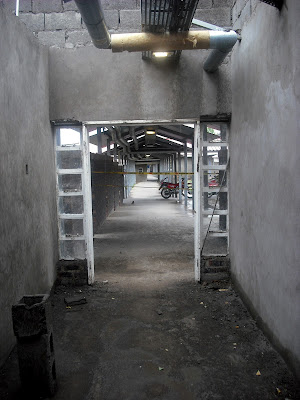Today TTL turns 8 – and we’re feeling pretty good about it. That’s
eight years of being the one
who is willing to go where no one else goes. Eight years of helping families
and communities fight back against the HIV epidemic. Eight years of changing
the lives of children, working to make sure that they get the opportunity to
celebrate their own richly deserved birthdays.
But instead of simply patting ourselves on the back on a job well done,
I thought I would share what some of the caregivers TTL is currently supporting
have to say about us –
“They are
helpful people who help those in need with a smile”
– Grandmother caring for a 4 year old child
who was referred to TTL because of malnutrition. The child’s mother is away in
South Africa trying to find work.
“My family is no
longer spending sleepless nights because of the child’s illnesses.”
-Aunt
and Uncle caring for an HIV+ child whose mother passed away from HIV-related
causes. TTL has been supporting the family since October 2011, including a
three month stay in the safe-home
"There
have been positive achievements from TTL's services, especially for my child
who managed to live because of TTL's services and he is now grown up. I had
five children who passed away because I did not know I needed to attend clinic
services and access HIV testing and counselling."
-HIV
positive mother with twins. TTL has supported the family since the twins were
only a few weeks old. They will celebrate their first birthday in July.
“Outreach
workers are very cooperative people as they teach us how to feed our children.
They encourage us to produce vegetables so that we can have more food. They
have love for the babies. When they come to see [the babies] they want to know
about their lives in detail”
-The
caregiver of a TTL client who was brought to the safe-home after being
hospitalised for kwashiorkor. Both the mother and father of the child have
passed away from TB and there are 10 other people in the household, 8 of whom
are under 18. The child was able to return home in February 2012 where the
Outreach team continues to work with his Aunt to ensure his health and
development stay on track.
“There have been
changes because other villagers got tested [for HIV] and are able to feed their
children in an acceptable manner”
–HIV + mother and child, TTL has supported the
child from age 6 months to today (child is 20 months)
“TTL has done
wonders for me of which I did not expect”
–Mother of
TTL client who was referred for malnourishment. The family was referred to TTL
because the mother is suspected of having cancer and was ill and unable to
breastfeed. The mother is the only adult in the household and there is no
income so the child was being fed sugar water before TTL’s support.
“TTL has helped
me in so many ways. I am encouraging it to continue to help other children who
will need help like my child”
-Grandmother
of a child TTL started supporting at 3 months after the death of his mother
from HIV-related causes. There are 11 other people in the household, six of whom
are children.







.jpg)

.jpg)
.jpg)





